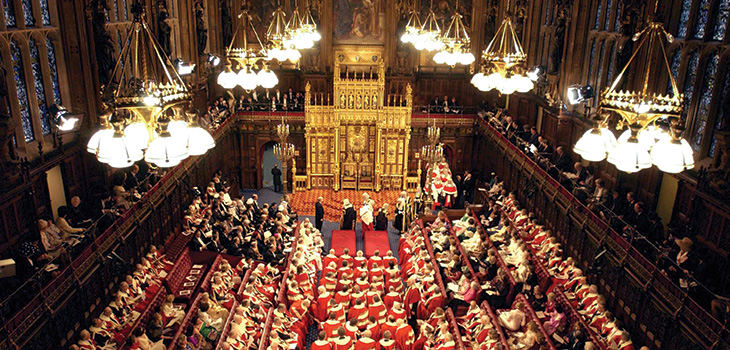
- An examination of the decision in Green v UK [2025] ECHR 91, in which the European Court of Human Rights scrutinised Lord Hain’s naming of Philip Green under parliamentary privilege, in spite of a court injunction.
- The court upheld the UK’s protection of parliamentary speech, ruling that requiring further controls would undermine the separation of powers and was not supported by European consensus.
- However, the court acknowledged the seriousness of the case and recommended regular review.
Approximately six and a half years ago, at the conclusion of a debate on an unrelated issue, the former cabinet minister and Labour life peer Lord Peter Hain made a short personal statement in the House of Lords:
‘My Lords, having been contacted by someone intimately involved in the case of a powerful businessman using non-disclosure agreements and substantial payments to conceal the truth about serious and repeated sexual harassment, racist abuse and









